3 Reasons for Firefighters To Use The Radio
There seems to be a lot of confusion and opinions on when and how to use the radio and how long to stay on the radio. No matter when or why you are using the radio it must always be pithy.
Pithy meaning: Brief, concise and forcefully expressive; succinct, compact, to the point.
Having radio language is common for most departments and it’s very important. Radio Language is one word or 2-3 word phrases that describe and tell others a lot more than the few words spoken.
For example, in a department I was with a BIR(Brief Initial Report) was given like this, “Chief 8-1 arrived with a 2 story middle of the group town home with fire showing on the 2nd floor, the plug is in front of the house, Chief 8-1 has the command”
These roughly 30 words to you may not tell you as much as it will tell me. These 30 words represent a lot because I know that block, the building construction, the water supply, the neighborhood, the time of day, the distance between where I am when I hear that transmission and when we arrive, how much manpower I will need, what my job will be, what my crew’s job will be, etc.
For me to write all the information contained in that brief message, I would need pages to write this article. Instead of telling you all that it means in my district, I am going to give you the 3 reasons to click on the mic for any firefighter/officer in your district.
Here Are The 3 Reasons To Click On The Mic And Talk
1- Give Vital Information
Notifying dispatch your enroute, providing the Brief Initial Report, providing a CAN(Conditions, Actions, Needs) Report, and notification of a victim found are examples of providing vital information.
2- Give Instruction
The driver telling the hydrant firefighter to send the water, the IC instructing a crew to do an additional task, The IC instructing another engine to lay an additional supply line.
These are instructions that are not in the MOG’s(Manual of Guidelines) or SOPs (Standard Operating Procedures). It is important for us to know what to do for most of the tasks that need to be done on the fire ground without having to be instructed to do so by the radio however; there will be times when we need to do something different or additional or for a special circumstance and this is why you may use the radio for giving instruction.
We must honestly caution ourselves that if our departments are like chirping birds on the radio than most likely it’s because of a lack of training. We all need to know our assignments based on operating procedures that instruct us what to do based on the unit we are on and in what order we arrive, i.e. the first truck or the 2nd truck, the first engine or the 3rd engine, etc.
Our arrival sequence will most likely dictate(based on operating procedures) our assignment. We should know our operating procedures and train on them so there is less chirping on the radio. This allows the radio to be available for higher priority transmissions like if the initial attack crews get in a jam.
3- Get Us Out Of A Jam – The Life Line
The number one reason we all carry a radio is for safety. It’s our life line if anything goes wrong. Most if not all departments allow for every firefighter that enters the hot zone to have a radio. Do not abuse this. Stay off the radio unless you have a reason to which are these that are shared here.
With that said, if you do get in a jam, USED THE RADIO! Call your MAYDAY, give your LUNAR, give a CAN report if you can. The sooner you do that the more likely you will live. The more you hesitate the more you are increasing the likelihood of being a LODD.
Know the three reasons to use the radio.
1- Give Vital Information
2- Give Instruction
3- Get Us Out of a Jam- The Life Line.
When it meets one of these reasons, used the radio and be concise. Practice the words and talking on the radio at the station or during training.
Don’t let the first time you talk on the radio be on a call. We train for other skills and this is the one skill that we can arguably say is a top skill as a firefighter and yet we don’t train on it. I encourage you to practice and train on when to use the radio and how to use the radio. Make it a point this week to get with your crew and practice and review the when & how of talking on the radio.
Radio communications training like this and much more are available in Firefighter Preplan – The Ultimate Guide for Thriving as a Firefighter
See you in the comments below.
Photo Courtesy ©Depositphotos.com/dpfoxfoto

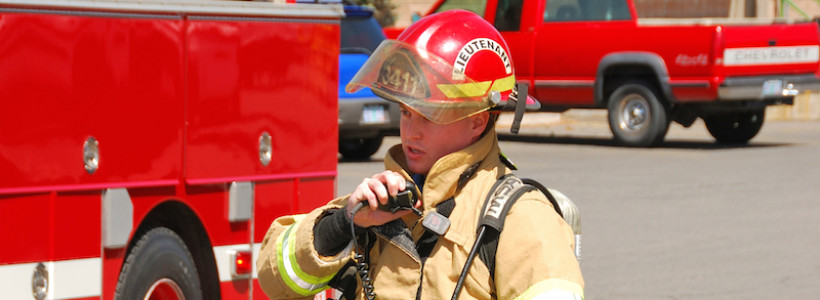
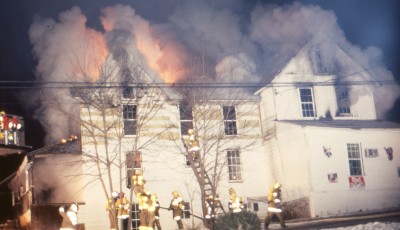
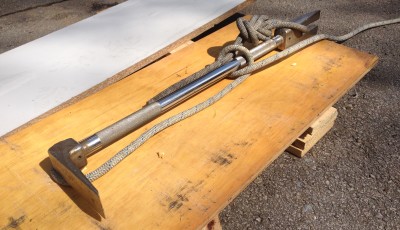
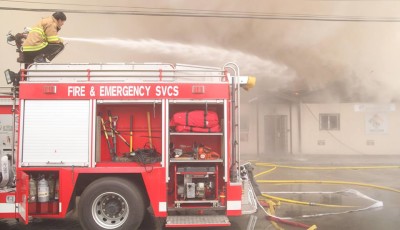
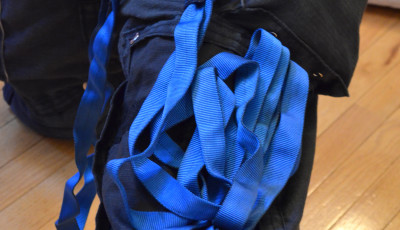
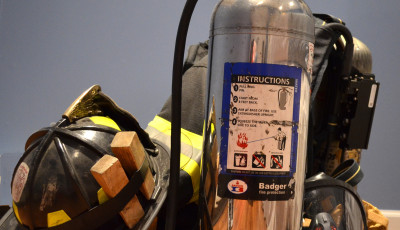
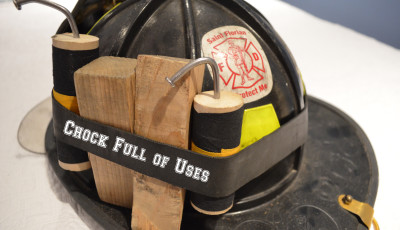
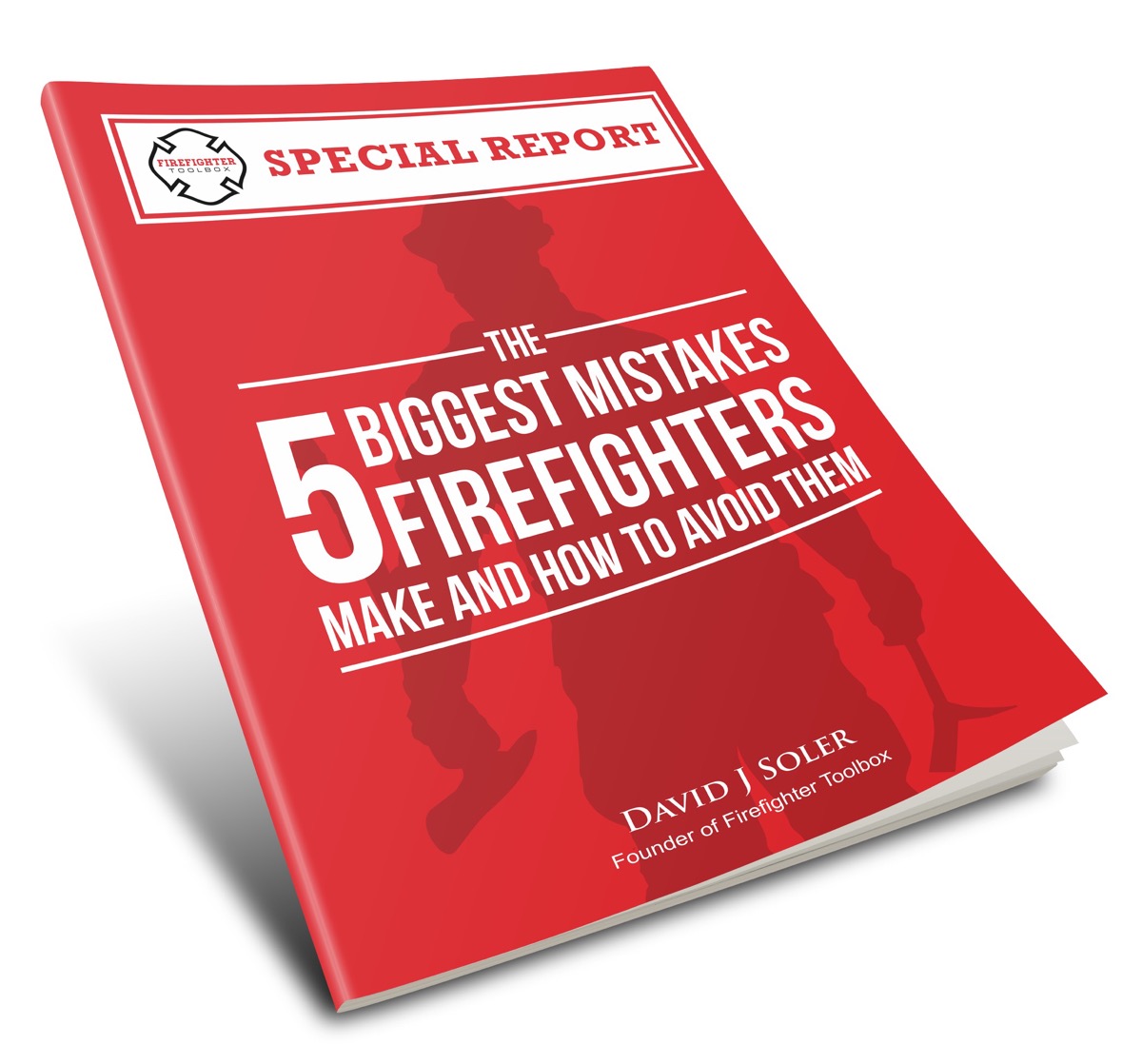



Good day
Firstly, compliments on a great article!
Secondly, I would appreciate your permission to quote (with reference) from your article, for training our radio-users.
Keep up the create work!
Kind regards
Tarien Cooks
Greetings from Valencia, Spain.
I’m dispatcher supervisor of CCC fire.
I agree with your article. I summarize radio discipline by the ancient Greek word “Kairos” (https://en.wikipedia.org/wiki/Kairos), ie, the question is to be appropriate, send brief and concise information that is truly relevant in a given time, because if there is order in communications, a favorable psychological state personnel involved in an incident occurs. Thus, a proper use of communications, in my opinion, plays an essential role EMOTIONAL.
Moreover, we do not use SCABA but TETRA portable, and sometimes we have problems with coverage inside buildings, but in general, we are very happy with TETRA. Do you are satisfied with SCABA?
We have the possibility to use state operators, associating numeric buttons TETRA communication equipment with state of the vehicles (on arrival, return, and end), but we are not using yet. Do you use operators state? If so, what do you think?
I very interested in the subject of discipline radio and emergency communications.
I would like information on these matters. I have learned many things Americans reading manuals, but I want to expand my knowledge everything because I give great importance to communications.
Could you give references to analyze and study?
Thank you.